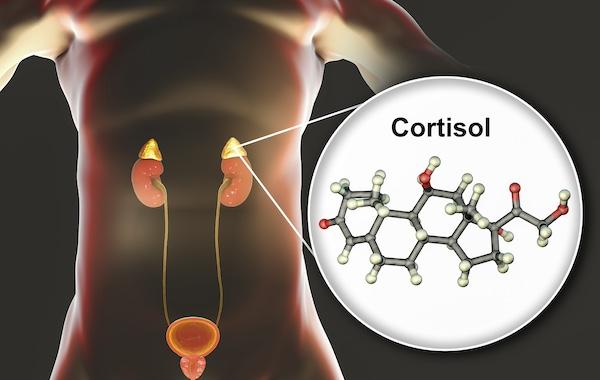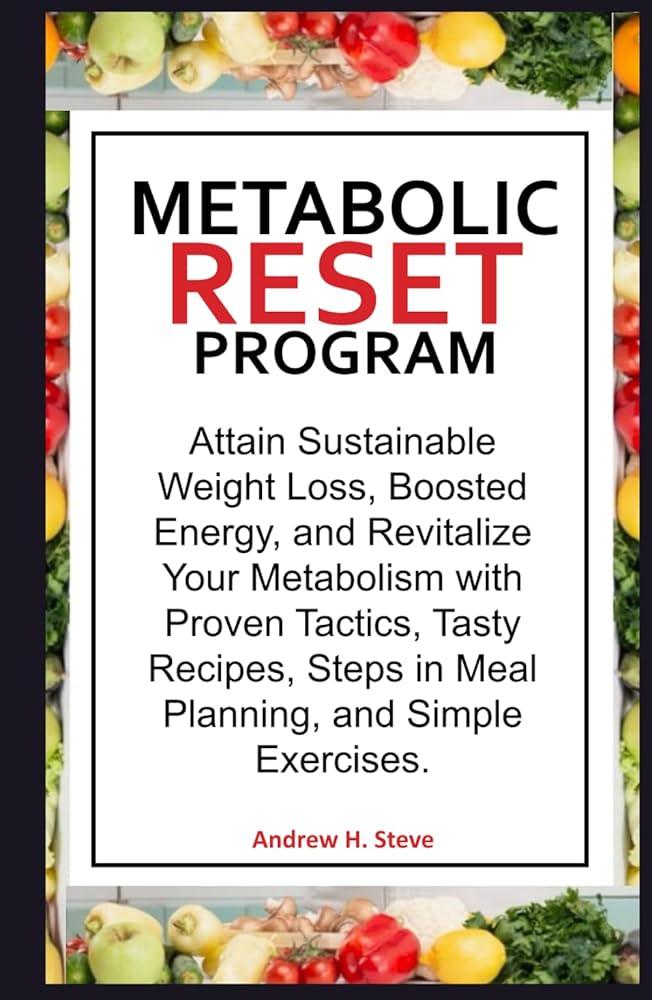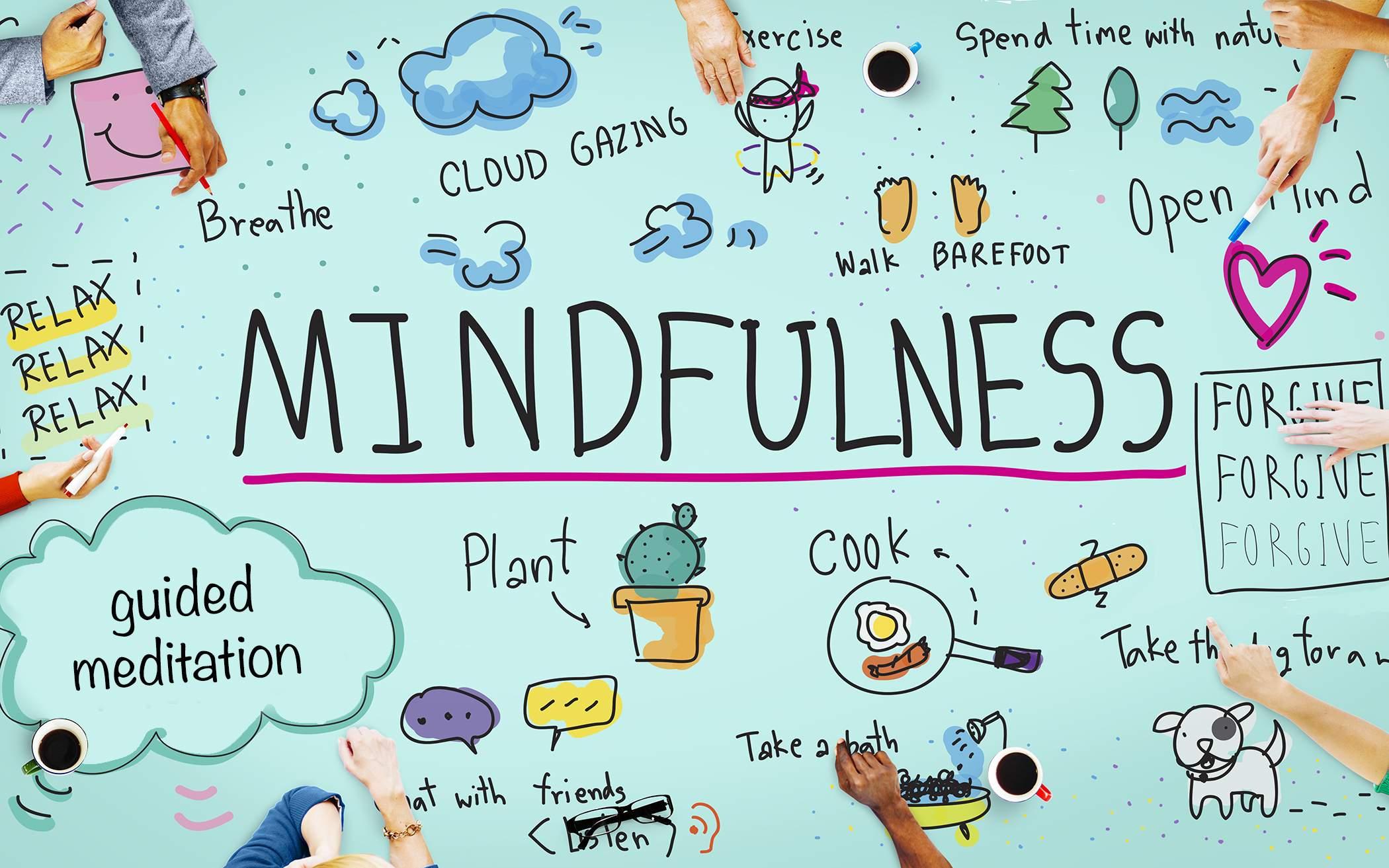In today’s fast-paced world, the pressures of daily life can often feel overwhelming, leaving us in a constant state of tension and unease. As we juggle responsibilities at work, navigate personal relationships, and strive for a semblance of work-life balance, our bodies respond in complex ways—especially through our hormones. these chemical messengers play a pivotal role in regulating not only our mood and energy levels but also our overall health.But what happens when stress takes the driver’s seat, pulling our hormonal balance out of alignment? In this article, we will explore the intricate relationship between stress and hormonal health, shedding light on the biological mechanisms at play. Additionally, we’ll offer practical strategies to help you regain equilibrium and promote well-being. Join us as we embark on a journey toward understanding and nurturing your body’s essential systems for a more balanced and serene life. 😌💆♀️
Understanding the Hormonal Response to Stress and Its Long-Term Effects
When we encounter stress, our bodies react in a way that is intricately linked to our hormonal system.The hypothalamus,pituitary gland,and adrenal glands work together to release cortisol,the primary stress hormone. This cascade of hormonal reactions can lead to a heightened state of alertness, but chronic stress causes elevated cortisol levels, which can result in various long-term health issues. Some effects include:
- Weight Gain: Sustained cortisol levels can increase appetite and cravings for unhealthy foods.
- Sleep Disturbances: High cortisol can disrupt sleep patterns, leading to insomnia and fatigue.
- emotional Imbalance: Prolonged stress can contribute to anxiety, depression, and irritability.
Along with cortisol, stress also affects other hormones, such as adrenaline and norepinephrine, which can lead to a perpetual state of tension. Over time, this dysregulation can challenge your overall well-being. Implementing effective stress management techniques can aid in restoring your hormonal balance. Some impactful strategies include:
- Meditation and Mindfulness: engaging in these practices can lower cortisol levels.
- Regular Exercise: Physical activity increases endorphins and can mitigate the effects of stress hormones.
- Balanced Nutrition: Eating a diet rich in whole foods can compensate for hormonal imbalances.
| Hormone | Role in Stress Response | Long-Term Effects of Imbalance |
|---|---|---|
| Cortisol | Increases glucose availability | Weight gain, diabetes risk |
| Adrenaline | Prepares the body for ‘fight or flight’ | Heart problems, high blood pressure |
| Norepinephrine | Increases arousal and alertness | Anxiety disorders, mood swings |
the Interplay Between Cortisol and other Hormones in Stress management
The delicate balance of hormones within our bodies plays a crucial role in how we manage stress. Cortisol, known as the stress hormone, is released during stressful situations and interacts dynamically with other hormones, creating a ripple effect throughout our endocrine system. When cortisol levels rise, it can lead to disruptions in the production of hormones such as insulin, aldosterone, and thyroid hormones, which are essential for maintaining energy levels, regulating blood pressure, and controlling metabolism. This interplay can result in symptoms like fatigue, anxiety, and difficulty concentrating, as the body struggles to return to a state of equilibrium.
To effectively manage stress, it is vital to understand how to support our hormonal health. incorporating lifestyle changes can enhance this balance, fostering a healthier response to stressors. Here are some strategies you might consider:
- regular Exercise: Engaging in physical activity can lower cortisol levels and boost the production of endorphins.
- Healthy Diet: Consuming a balanced diet rich in nutrients supports hormone production and regulation.
- Mindfulness Practices: Techniques such as meditation and deep breathing help reduce cortisol levels and promote a sense of calm.
| Hormone | Effect of Stress |
|---|---|
| Cortisol | Increases during stress; promotes energy release |
| Insulin | May decrease sensitivity, leading to blood sugar issues |
| Thyroid Hormones | Can slow down production, affecting metabolism |
Holistic Strategies for Restoring Hormonal Balance Amidst Stress
In today’s fast-paced world, stress can wreak havoc on our hormonal balance, but there are holistic strategies to restore harmony. Start with mindfulness practices such as meditation or yoga, which help lower cortisol levels—the primary stress hormone. Incorporating deep breathing exercises into your daily routine can also help diminish anxiety and promote relaxation. Additionally, consider adopting a nutrient-rich diet that emphasizes whole foods, which can definitely help stabilize blood sugar levels and support hormone production.Consuming foods high in omega-3 fatty acids, like salmon and walnuts, can contribute to your overall hormonal health while also nurturing your brain.
Furthermore, regular physical activity can significantly impact hormonal balance. Engaging in moderate exercises, such as brisk walking or dancing, releases endorphins—natural mood enhancers that combat stress. Consider implementing a sleep hygiene routine to ensure restful nights, as quality sleep is essential for hormone regulation.Creating an environment conducive to sleep, offering a routine that encourages relaxation, and limiting screen time before bed can all foster better sleep quality. Lastly, don’t underestimate the power of social connections; nurturing relationships can provide emotional support that helps buffer stress and its hormonal consequences.
Mindfulness and Lifestyle Adjustments for sustainable Well-Being
Incorporating mindfulness practices into your daily routine can dramatically enhance your overall well-being while helping to mitigate the negative hormonal impacts of stress. Meditative techniques, such as deep-breathing exercises, can reduce cortisol levels and bring about a sense of calm. Simple adjustments to your lifestyle like setting aside time daily for stillness, even if just for a few minutes, can create a ripple effect on your stress response. Here are some mindful practices to consider:
- Mindful breathing: Focus on your breath without judgment, acknowledging each inhale and exhale.
- Body Scan: Move your attention through your body, releasing tension in each area.
- Gratitude Journaling: Write down things you appreciate daily, shifting your mindset to one of positivity.
Integrating lifestyle adjustments that promote a balanced environment can also play a crucial role in hormone regulation. Factors such as nutrition,physical activity,and sleep hygiene directly influence how your hormones operate. Below is a simple table summarizing practical lifestyle changes that can lead to important benefits:
| Adjustment | Benefit |
|---|---|
| Balanced Diet: Incorporate whole foods and reduce processed snacks. | Supports hormonal regulation, boosts energy. |
| Regular Exercise: Aim for at least 30 minutes of activity most days. | Enhances mood and reduces stress hormones. |
| Quality Sleep: Prioritize 7-9 hours of restful sleep. | Helps restore hormonal balance and promotes recovery. |
The way Forward
understanding the intricate relationship between stress and hormonal balance is crucial for maintaining overall well-being. While the pressures of life are frequently enough unavoidable, recognizing their impact on our bodies allows us to take proactive steps toward restoring harmony. By incorporating mindfulness practices, engaging in regular physical activity, and nurturing our nutritional choices, we can empower ourselves to mitigate the effects of stress and reclaim our vitality. Remember, achieving balance is not a destination but a journey—a continuous effort to nurture ourselves amidst life’s challenges. As you embark on this path, let the soothing balm of self-care guide you, leading to a healthier, happier you. Embrace the journey, and may each step bring you closer to inner equilibrium.😊💆♀️





